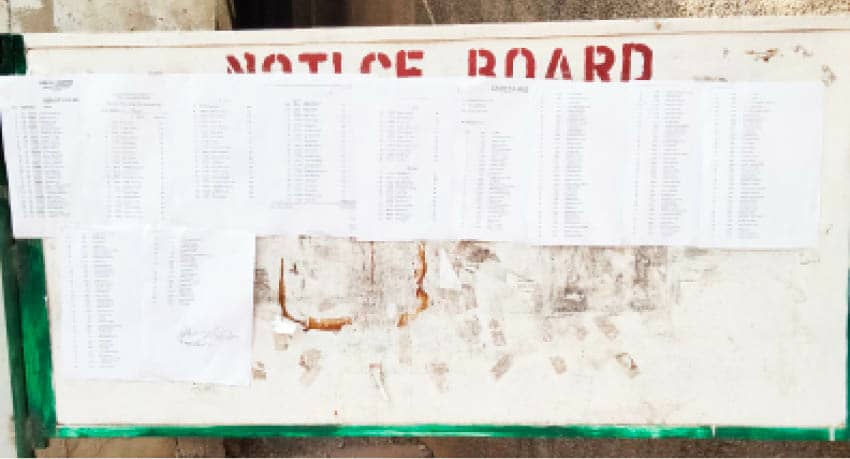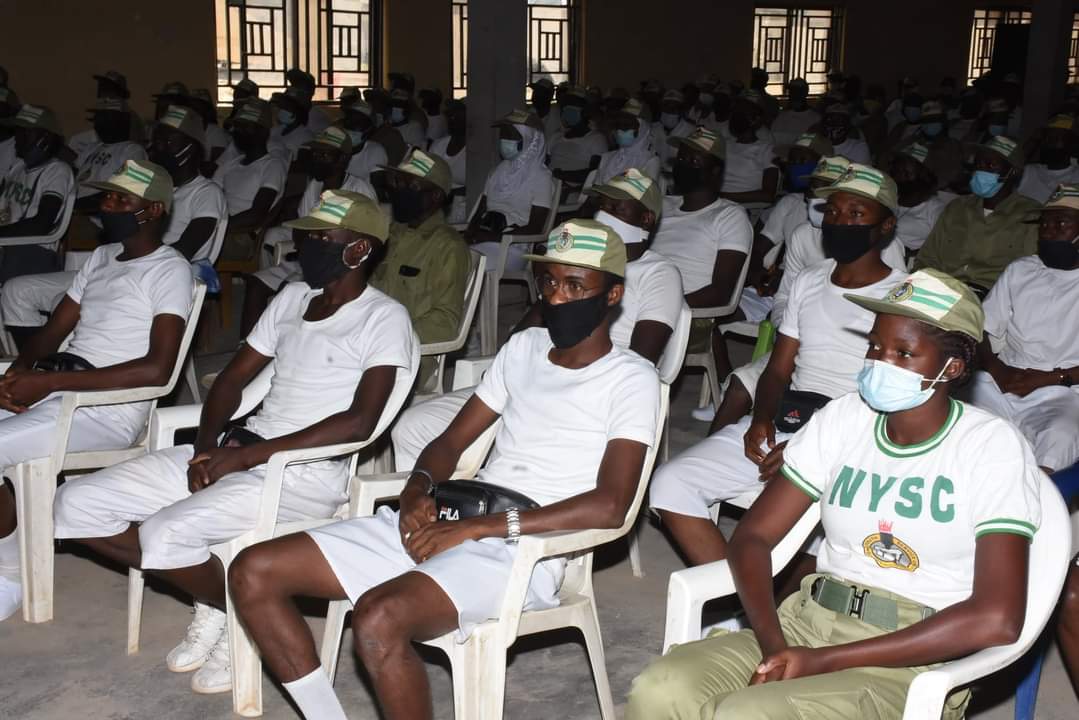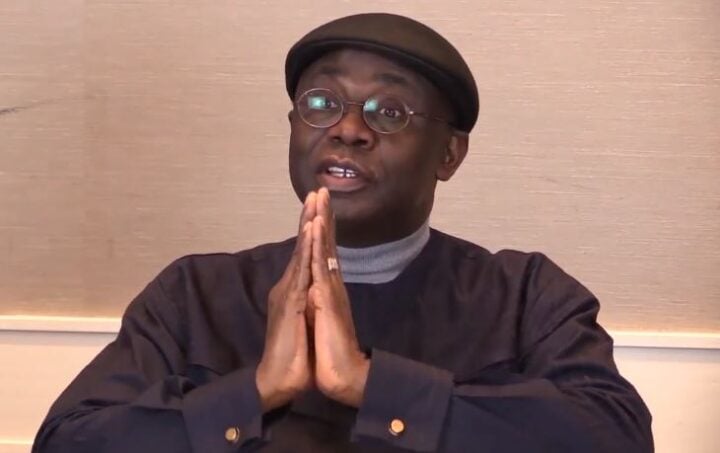United Textile Limited (UNTL), the only surviving textile company in Kaduna state, has sacked about 300 of its 800 workforce, DailyTrust is reporting.
The report, published on Tuesday, quoted the company as saying the mass sack is part of efforts to restructure operations.
UNTL, which was founded in 1964, had initially shut down operations in 2007 but reopened in 2010.
In March 2020, the company shutdown again over lockdown restrictions imposed by Kaduna state government as part of efforts to mitigate the spread of coronavirus.
Advertisement
The textile company is reported to have reopened after pressure from the National Union of Textile Garment and Tailoring Workers of Nigeria (NUTGTWN).
“It (retrenchment) is as a result of the general economic problem,” a staff told DailyTrust.
“This is the only surviving textile company in Kaduna and we cannot even get raw materials because the farmers are complaining that bandits won’t allow them to go to their farms.
Advertisement
“Some of the workers have been here for a while and they have been laid off. To pay workers has become difficult because there is no work to do and there are no raw materials to work with.”
Another employee said the restructuring will have a negative multiplier effect.
“The development will affect more than 1,000 people because all the workers have dependants including wives, children and parents,” the staff said.
“I am sure many will find it difficult to survive because who do you think will give them a job? I hope the federal and Kaduna state governments would do something to salvage the situation.”
Advertisement
John Adaji, national president of NUTGTWN, said asides from scarcity of raw materials, the textile industry is facing other problems such as high production cost and imitation of products.
“You will see a fabric that is printed by UNTL and then some people will go ahead and imitate it and bring it into the country comfortably with no customs duty,” Adaji said.
“You will find that 90 percent of the fabrics in the market are imported and if we are to implement executive order 003, then Nigerian security sector alone could sustain textile companies but this is not the case.”
Advertisement
Add a comment






